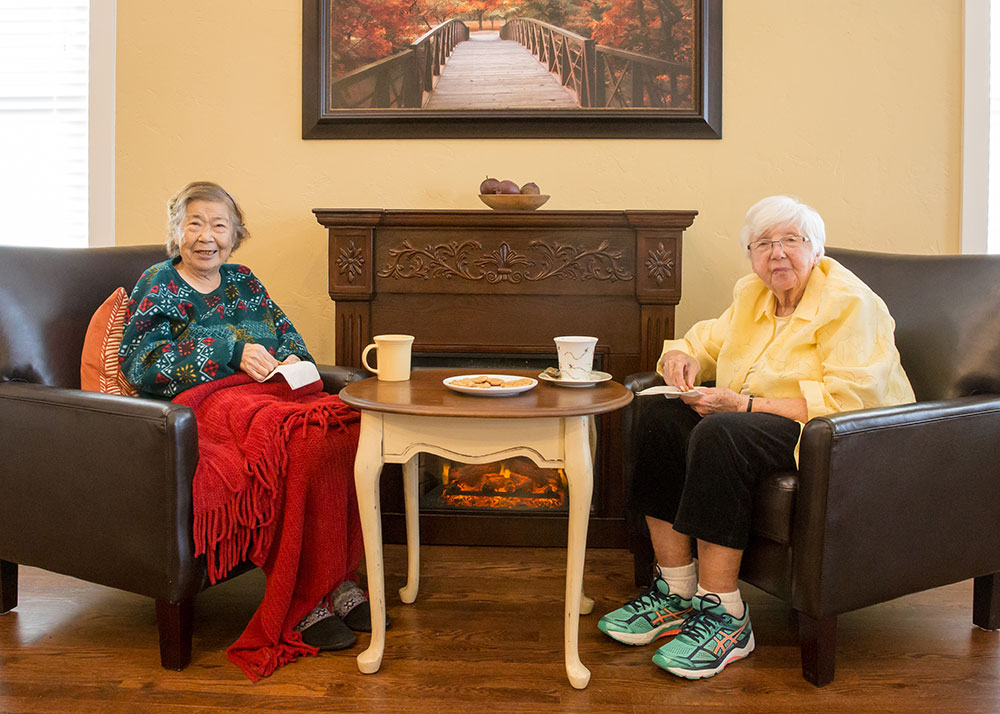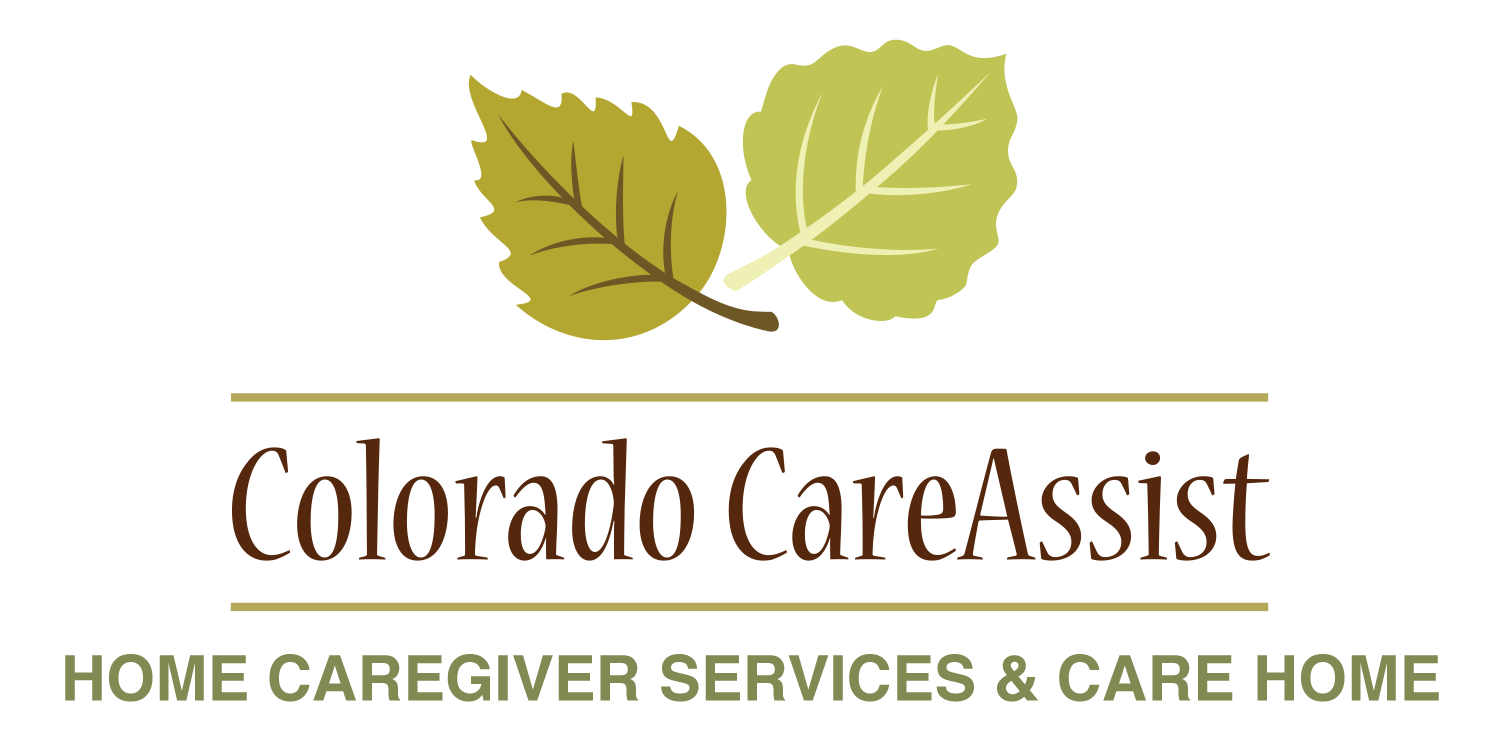Long Term Care Insurance
Long term care insurance can pay for both assisted living and in home care. Colorado CareAssist will provide a complimentary review of your long term care insurance policy and help you get the benefits you are entitled to.

What LTC Policies Cover
- Services including personal care (bathing, dressing, eating) in a variety of settings such as your home or an assisted living facility.
- The long-term care policy reimburses the policy holder or the home care agency a daily amount for services to assist them with activities of daily living.
- Some policies may have limits on how long or how much they will pay.
How Your Long-Term Care Insurance is Triggered
- The Long Term Care Insurance company usually sends a nurse/social worker who will assess the senior’s condition.
- If the senior needs help with activities of daily living that meet the minimum criteria stipulated in the policy, the Long Term Care Company will approve payment of services.
- Once approved, the care manager from the insurance company will approve a Plan of Care.
- Many policies have an “elimination period,” an amount of time that must pass after the Plan of Care has been approved and before the Long Term Care Company pays for services. During this time, the client must cover the cost of any services received.
- Most policies will pay your loved ones cost up to a pre-set daily limit until the lifetime maximum is reached. Colorado CareAssist can help make the policy clear and help you take advantage of every benefit.
Veteran’s Benefits
Wartime veterans and their surviving spouses may be entitled to a benefit called “Aid and Attendance.”
The Department of Veterans Affairs provides financial aid to help with the cost of long-term care for those who need help with activities of daily living such as bathing, eating, toileting, dressing, and transferring and who are in financial need. Applying for those benefits once you are in need of extra assistance will help to pay for the care. These are benefits earned and paid for by the sacrifice and service to our country.
Surviving Spouses $1,149 a month
Single Veteran $1,788 a month
Married Veteran $2,120 a month
Two Veterans, Married $2,837 a month
For more information on Aid and Attendance: http://www.benefits.va.gov/pension/aid_attendance_housebound.asp

How to Apply
You may apply for Aid and Attendance or Housebound benefits by writing to the Pension Management Center (PMC) that serves your state. You may also visit your local regional benefit office to file your request. You can locate your local regional benefit office using the VA Facility Locator found on the above web-site.
The following is from the web-site:
“You should include copies of any evidence, preferably a report from an attending physician validating the need for Aid and Attendance or Housebound type care.
The report should be in sufficient detail to determine whether there is disease or injury producing physical or mental impairment, loss of coordination, or conditions affecting the ability to dress and undress, to feed oneself, to attend to sanitary needs, and to keep oneself ordinarily clean and presentable.
Whether the claim is for Aid and Attendance or Housebound, the report should indicate how well the applicant gets around, where the applicant goes, and what he or she is able to do during a typical day. In addition, it is necessary to determine whether the claimant is confined to the home or immediate premises.
Worker’s Comp
Worker’s Compensation is a form of insurance which provides wage replacement and medical benefits to employees injured during their job. This insurance often has provisions if the worker needs help functioning in their daily activities of living for short or long term. Colorado CareAssist Home Care services can be of benefit to assist the worker live as independently as possible but giving assistance where needed.
Private Pay
If you have enough income and savings, you can pay for long-term care services on your own. These sources may include income, savings, and possible equity in your home.
- A reverse mortgage is a special home equity loan that will allow you or your loved one to receive cash against the value of the home without selling it. This money can be used to pay for the increasing care needs. With a reverse mortgage, you can receive a lump-sum payment, a monthly payment, or a line of credit. You must be 62 or older to get the loan. Unlike a traditional mortgage, you don’t have to have proof of income or a credit history.
- An Annuity can be converted into a monthly income stream for a specified period of time or for the rest of your life. A deferred long-term care annuity are available to people up to age 85. Another plan involves a long-term care fund can be accessed immediately.
- A Trust is a legal entity that allows a person to transfer assets to another person. A trust can provide flexible control of assets for a senior which can help pay for long-term care services. Charitable remainder trust and Medicaid Disability trust are two that would qualify to help with long-term care services.
- Life Settlements allow you to sell your life insurance policy for its present value to raise money for any reason. This is usually available for women age 74 and older and men age 70 and older. This money can be used to pay for long-term care services.
- Viatical Settlements allow you to sell your life insurance policy to a third party (a viatical company) and use the money to pay for long-term care. It is only possible if you are terminally ill. The viatical company will pay you a percentage of the death benefit and will then own the policy and become its beneficiary.
